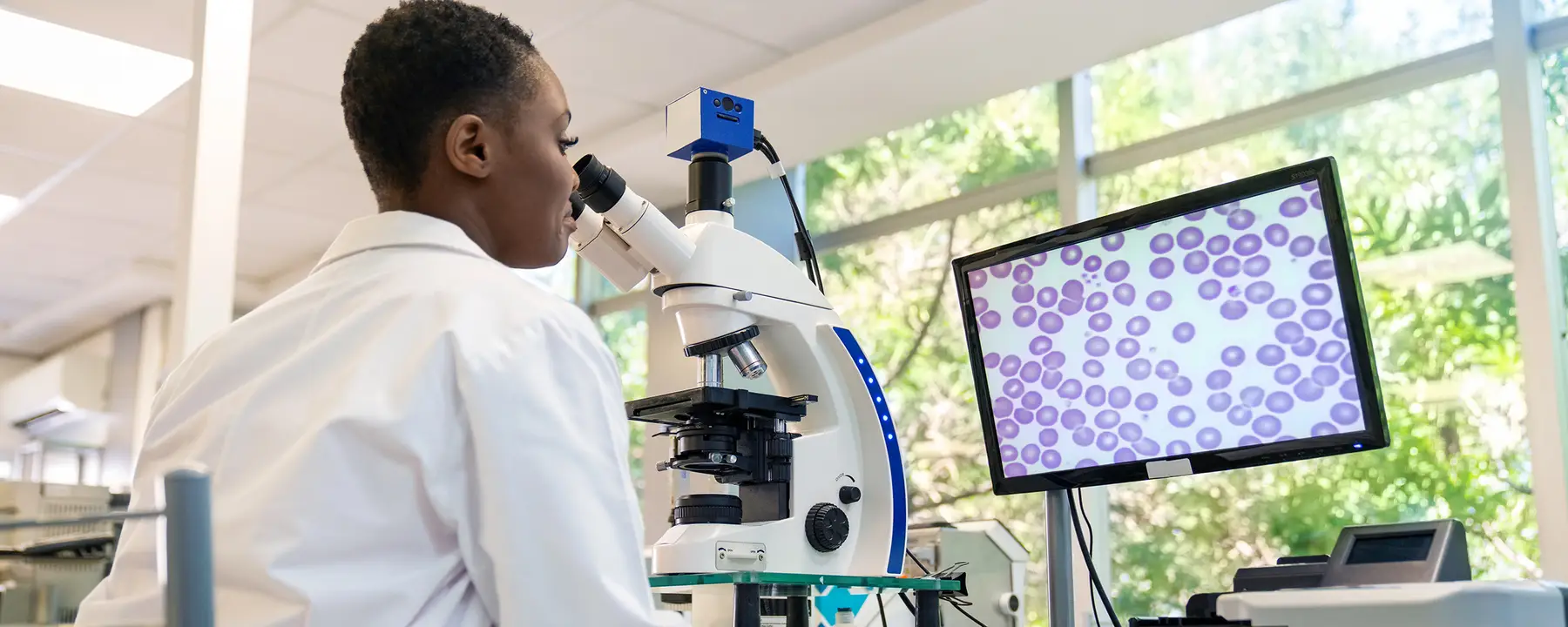Accelerating the discovery of novel antibiotics to combat antibiotic-resistant infections
The Centers for Disease Control and Prevention (CDC) has classified several drug-resistant bacteria as urgent and serious public health threats. Epidemiologists have estimated 2.8 million antibiotic-resistant infections in the United States, as noted in the CDC’s recent Antibiotic Resistance Threats Report, with more than 35,000 deaths. Globally, the annual death rate is projected to reach 10 million by 2050. Patients currently have limited therapeutic options for drug-resistant infections, which tend to be treated for longer durations with more toxic compounds or regimens. The antimicrobial-resistant pandemic is placing a substantial clinical and financial burden on global health care systems. Novel antibiotics, in particular Gram-negative antibiotics, are critically needed to fight these drug-resistant infections.
Responding to the threat of antibiotic resistant bacteria
In response to these urgent and serious threats, the National Institute of Allergy and Infectious Diseases (NIAID) partnered with RTI International to create the Chemistry Center for Combating Antibiotic-Resistant Bacteria (CC4CARB). CC4CARB is an innovative chemistry center that delivers chemical screening libraries for the scientific community to use in developing antibiotics that combat resistant Gram-negative bacteria. The center offers free services to all national and international antimicrobial researchers wishing to contribute and collaborate.
A Unique and Collaborative Public-Private Approach to Combating Antibiotic Resistant Bacteria
The need for a center like CC4CARB became evident as the public and private sectors could not fill this important void. Most large pharmaceutical companies no longer finance antimicrobial research and development pipelines. From a business perspective, pharmaceutical companies are more inclined to seek treatments for chronic illnesses than acute infections. Many companies aim to use older scaffold classes with known mechanisms, as their antimicrobials are more likely to be developed, instead of novel scaffold classes with unknown toxicities. The Food and Drug Administration’s (FDA’s) concerns over resistance also limit drug approvals for broad deployment of novel drugs, reducing business enthusiasm. From a technology perspective, large pharmaceutical libraries are tailored to mammalian cells and do not typically have structural features found to combat Gram-negative bacterial. Overall, there is a lack of funding for novel antimicrobial scaffolds and a lack of compounds containing favorable structural features for screening.
Building chemical libraries to aid in fighting antibiotic resistant bacteria
NIAID partnered with RTI to create CC4CARB to build the chemical libraries needed to continue antimicrobial research. CC4CARB facilitates antibacterial development within the broader aims of the National Action Plan for Combating Antibiotic-Resistant Bacteria. Analogs of novel scaffolds are designed to target Gram-negative antibiotics and are then synthesized free of charge. These can be used by scaffold contributors to justify additional research and funding. Academics and biotech companies can then request these focused libraries either individually or collectively from the CC4CARB collection for further research. NIAID has an adjunctive program where the CC4CARB synthesized compounds may also be tested for antimicrobial activity. CC4CARB can also perform some iterative design work if a contributor’s work is accepted within the program.
RTI: A History of Novel Solutions in Discovering and Developing Novel Antibiotics
For more than 60 years, the public and private sectors have turned to RTI for similar scientific endeavors. In 2000, RTI joined several public and private entities to create the Global Alliance for TB Drug Development (TB Alliance), the primary goal of which is to advance the development of new tuberculosis (TB) drugs through product development partnerships. With support from NIAID, RTI discovered pretomanid, a novel nitroimidazole, that was submitted as an Investigational New Drug (IND). After the IND process, the compound was transferred to the TB Alliance for further development. Pretomanid, co-administered with bedaquiline and linezolid, was recently approved by FDA, the European Union, and the World Health Organization for the treatment of extensive, drug-resistant TB and nonresponsive, multi-drug-resistant TB.
Much like the TB Alliance, CC4CARB provides a collaborative space for public and private work in the development of drug-resistant antibiotics. Its innovative approach will provide scientists with the collection of compounds they need to pursue solutions. Put simply: the CC4CARB initiative is on the forefront of discovering the next generations of antibiotics that will save millions of lives.
More About CC4CARB
Write to our team to learn more about how we are working to protect the world from the threat of antibiotic-resistant bacteria.
- National Institute of Allergy and Infectious Diseases (NIAID)


